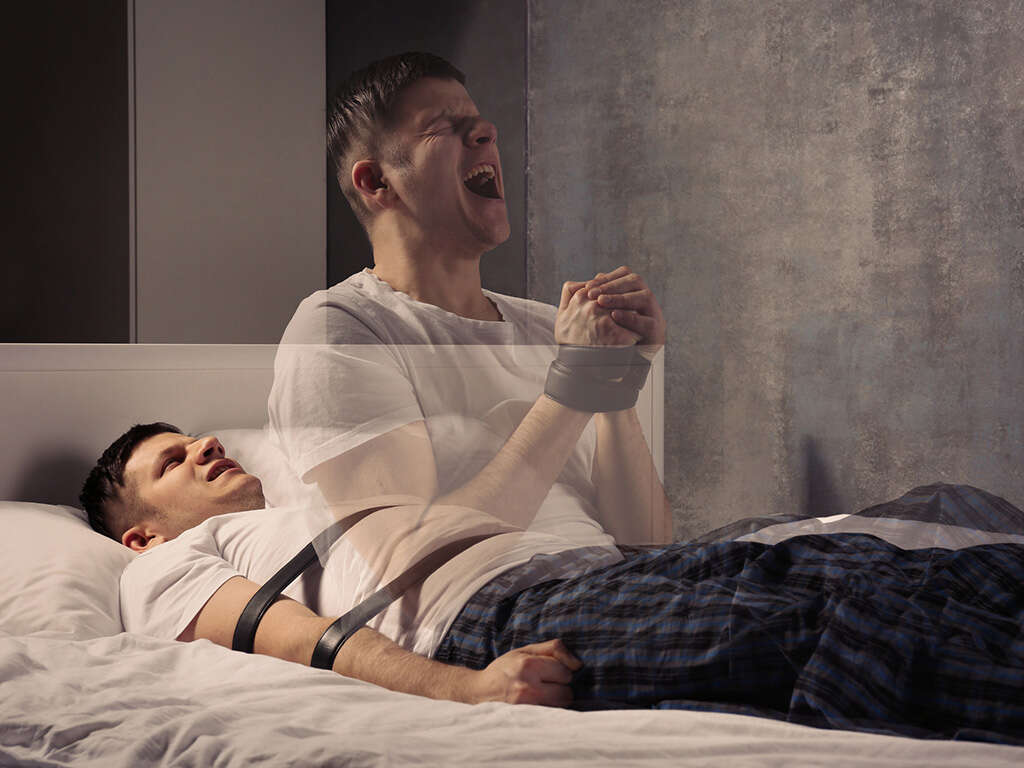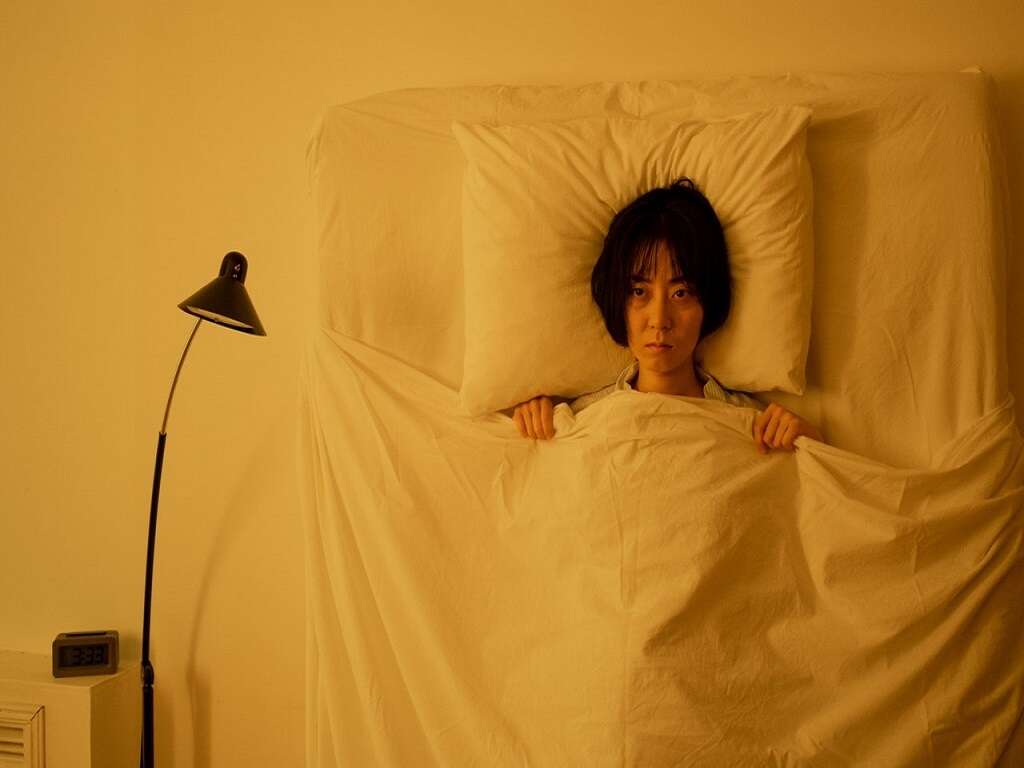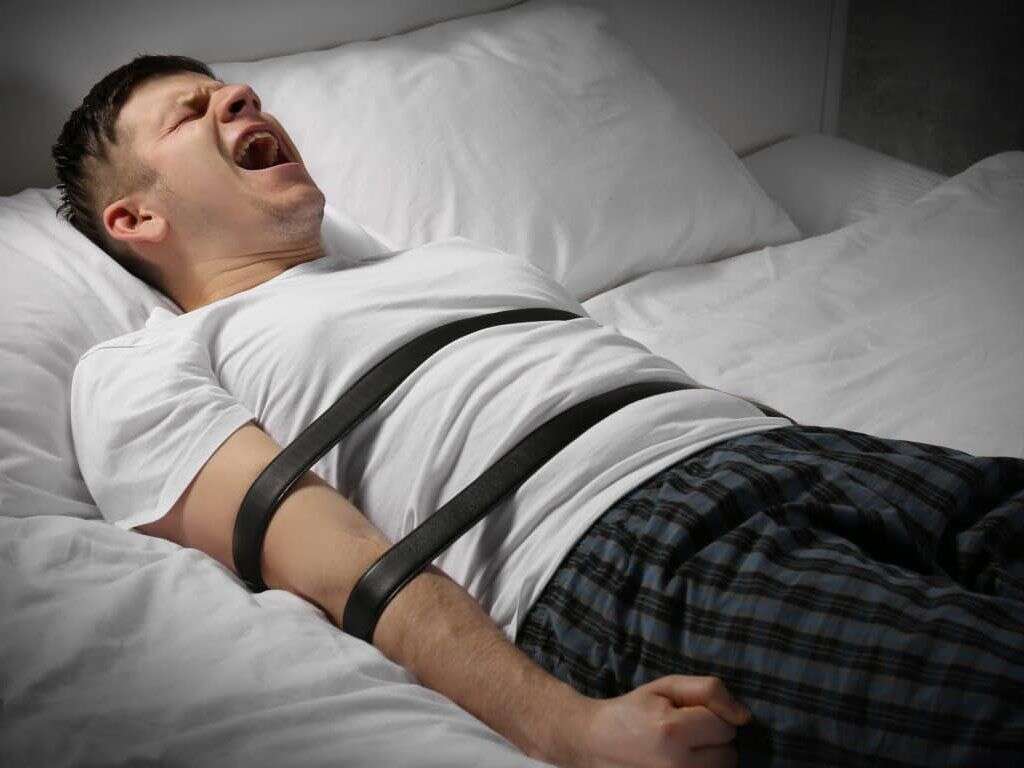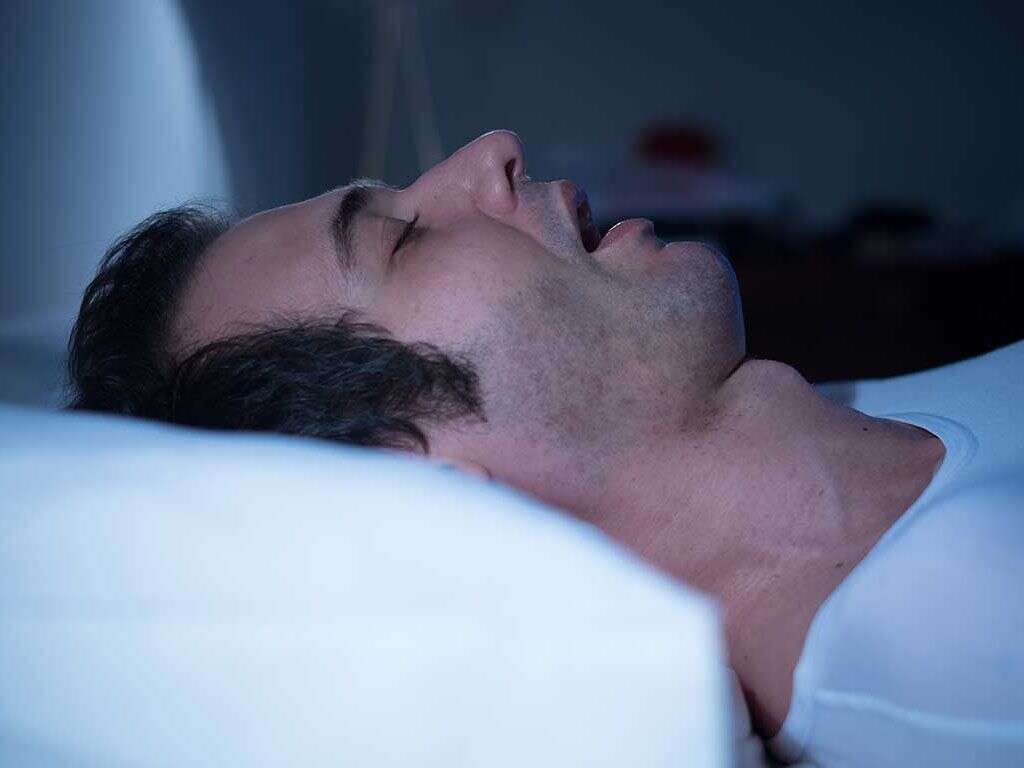10 Sleep Apnea Symptoms
 Article Sources
Article Sources
- 1. 'Sleep Apnea.' Mayo Clinic, Mayo Foundation for Medical Education and Research, 28 July 2020, www.mayoclinic.org/diseases-conditions/sleep-apnea/symptoms-causes/syc-20377631
- 2. 'Adult Attention-Deficit/Hyperactivity Disorder (ADHD).' Mayo Clinic, Mayo Foundation for Medical Education and Research, 22 June 2019, www.mayoclinic.org/diseases-conditions/adult-adhd/symptoms-causes/syc-20350878
- 3. 'Insomnia - Symptoms, Types, Causes, and More.' Sleep Foundation, 4 Sept. 2020, www.sleepfoundation.org/insomnia
- 4. 'Sleep Apnea: Causes, Symptoms, Tests & Treatments.' Cleveland Clinic, my.clevelandclinic.org/health/diseases/8718-sleep-apnea
- 5. 'Sleep Apnea.' National Heart Lung and Blood Institute, U.S. Department of Health and Human Services, www.nhlbi.nih.gov/health-topics/sleep-apnea
- 6. Team, Brain and Spine. 'Here's What Happens When You Don't Get Enough Sleep (And How Much You Really Need a Night).' Health Essentials from Cleveland Clinic, Health Essentials from Cleveland Clinic, 11 Mar. 2021, health.clevelandclinic.org/happens-body-dont-get-enough-sleep/
Hypersomnia
Hypersomnia is essentially the opposite of insomnia. People with hypersomnia may have difficulties staying awake, no matter how much sleep they get. Excessive daytime sleepiness and difficulties waking in the mornings are commonly seen in hypersomnia.
In sleep apnea, hypersomnia may be caused by a lack of restful sleep. When the body isn't receiving quality rest, the brain signals an ongoing need for more. Until sleep apnea is diagnosed and managed, hypersomnia will usually persist.
Advertisement










